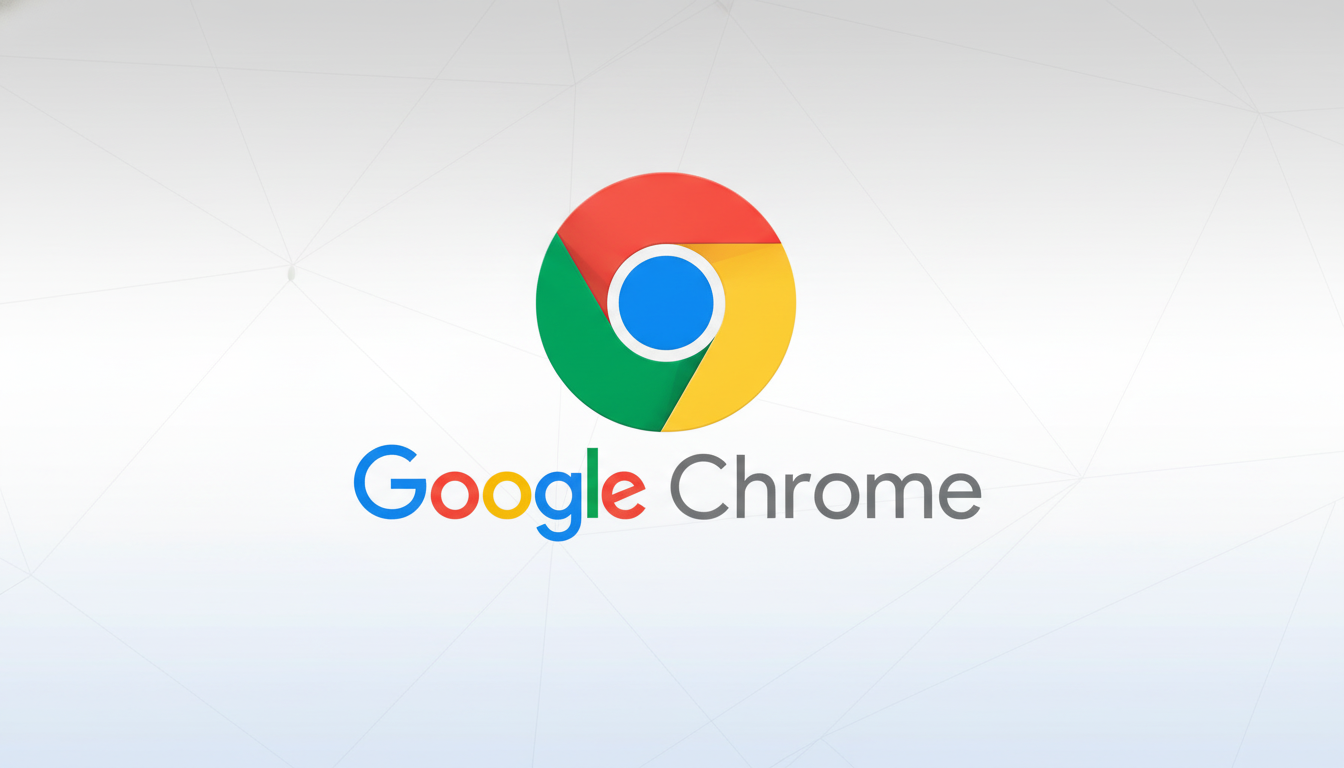I spent a day living inside Atlas, OpenAI’s new Mac-only, Chromium-based browser, and it immediately rewired how I browse. This is not a skunkworks skin of Chrome. And it’s a reconception of the browser as a co-conspirator that reads, reasons and acts along with you — not to mention one that makes tab-chasing in Chrome seem positively Paleolithic.
A Browser That Puts Conversation Front and Center
It is all very straightforward — download the Mac app, sign in to your OpenAI account and your ChatGPT history and settings will be instantly accessible. The shell is familiar — bookmarks, extensions and Chromium plumbing — but the center of gravity moves from URLs to dialogue.

Open a new tab and the word that appears in the search box is ChatGPT. Query about great nearby sushi or a study track for an exam, and Atlas pulls the prevailing results into an answer-first card enriched by sources, context and live details. Click on a booking link, and the page opens to the side while ChatGPT slides in from the corner, standing by to summarize things for you or extract key details — or just keep talking. You are not following the information — it follows you.
Context Awareness That Redesigns Daily Habits
Atlas knows exactly what’s on your screen. Reading a device preview? Tap the Ask button and ask a question about the page itself. It’s capable of specifying specs, creating a comparison table or outlining takeaway features. In Google Docs, so long as ChatGPT has access, you can highlight a paragraph and prompt the bot to change its tone or tighten the prose then and there — no copy-paste tango dance required.
More jarringly, there is a behavioral shift. I was no longer typing keyword strings and asking full questions within half an hour. Chrome leads the desktop market share (about two-thirds, per StatCounter), but its main workflow is still pages and links. Atlas centers on intent. According to the University of California, Irvine’s Office of Information Technology, it can take more than 23 minutes to get back on track after just a single interruption; by minimizing tab switching and context breaks, Atlas substantially cuts cognitive drag.
Even natural language control of the browser. “Close all the shopping tabs,” “Open that camera review from yesterday,” or “Start a 30-minute focus timer” all worked consistently. You feel less like you’re piloting a browser, and more like you’re delegating to one.
Empowerments Require Adult Supervision and Care
Atlas promotes agent-type tasks — filling shopping carts, making restaurant reservations, looking up flights, completing forms. In practice, it’s early. I was constrained in my tests by shopping automations, and a restaurant reservation that Atlas confidently claimed to have “confirmed” never showed up. Reliability reflects the general state of large language models: impressive, but not perfect. The research communities, such as Stanford’s Institute for Human-Centered Artificial Intelligence and evaluations listed by NIST, have repeatedly observed hallucination and execution gaps under real-life conditions.
The potential is obvious: a bot that organizes trips end-to-end, or files your most routine paperwork while you work in another tab. But for now, agent mode acts a bit like an industrious intern: it helps, it’s quick and it still needs plenty of babysitting.

Memory And Personalization, With Tradeoffs
Flip on Atlas’s browser memory and it begins to remember the topics you care about, and even the angle of those topics that you like. And after asking for climate policy explainers a few times, it’ll start leaning toward the sources and formats you usually like to use — rather than just the links you clicked on last time. It works great for long-lived research when continuity is important.
There are privacy caveats. OpenAI offers controls to shut off memory and says browsing data isn’t used to train models by default, and you can review or delete stored memories. Yet some settings feel buried, and a system that can recall your logic, not just your history, should be held accountable. Privacy professionals may also want to audit permissions and avoid feeding any sensitive documents through the assistant.
Performance, Extensions, And Availability
Performance is snappy. Classic pages are loaded fast, and in most cases the AI answers come to you within seconds. Complex questions can put a pause in the model’s thinking, and that’s natural. Sometimes the assistant veers into over-explanation when you just want brevity, but cues like “two-sentence summary” help nudge it back in line.
Atlas runs on top of Chromium, so support for extensions is partially there. My password manager hit the ground running, while a few dripping-sweat-from-its-brow niche analytics tools tripped — that’s 1.0 friction I can handle. The bigger limitation is platform: Atlas is Mac-only at present, with Windows and mobile variants promised. If you need reliable cross-device sync, that’s a (hopefully temporary) dealbreaker.
The Bottom Line on Atlas and AI-Forward Browsing
Atlas doesn’t simply show you the web. It works with you on it. When you’ve had a browser that can read a page, extract what matters and go next when instructed, the tab shuffle in Chrome feels oddly analog. The trust gap — particularly around agents and memory — is real, and skeptical users should not remove their guardrails.
Even so, the trajectory is clear. Chrome made the web fast. Atlas tries to make it flow. If OpenAI can normalize reliability, push automation beyond demos and ship cross-platform sync, the era of task-first browsing won’t be a hypothetical — it will be the new default.

